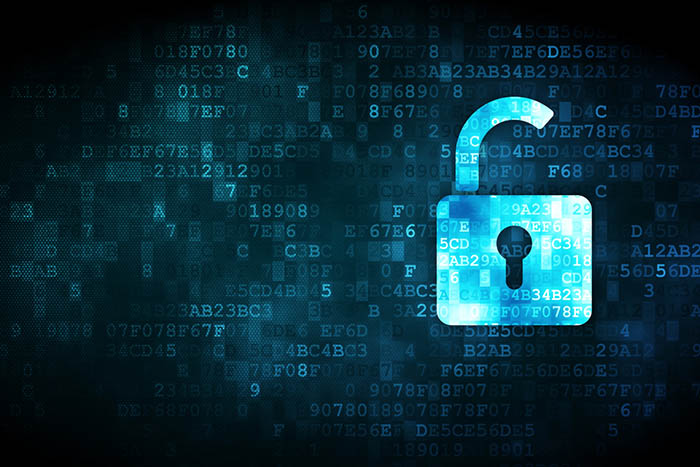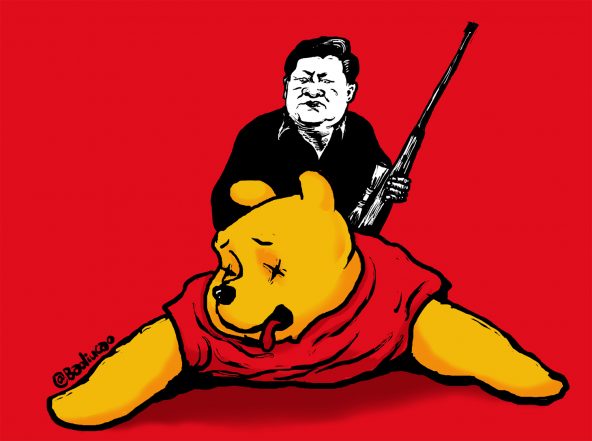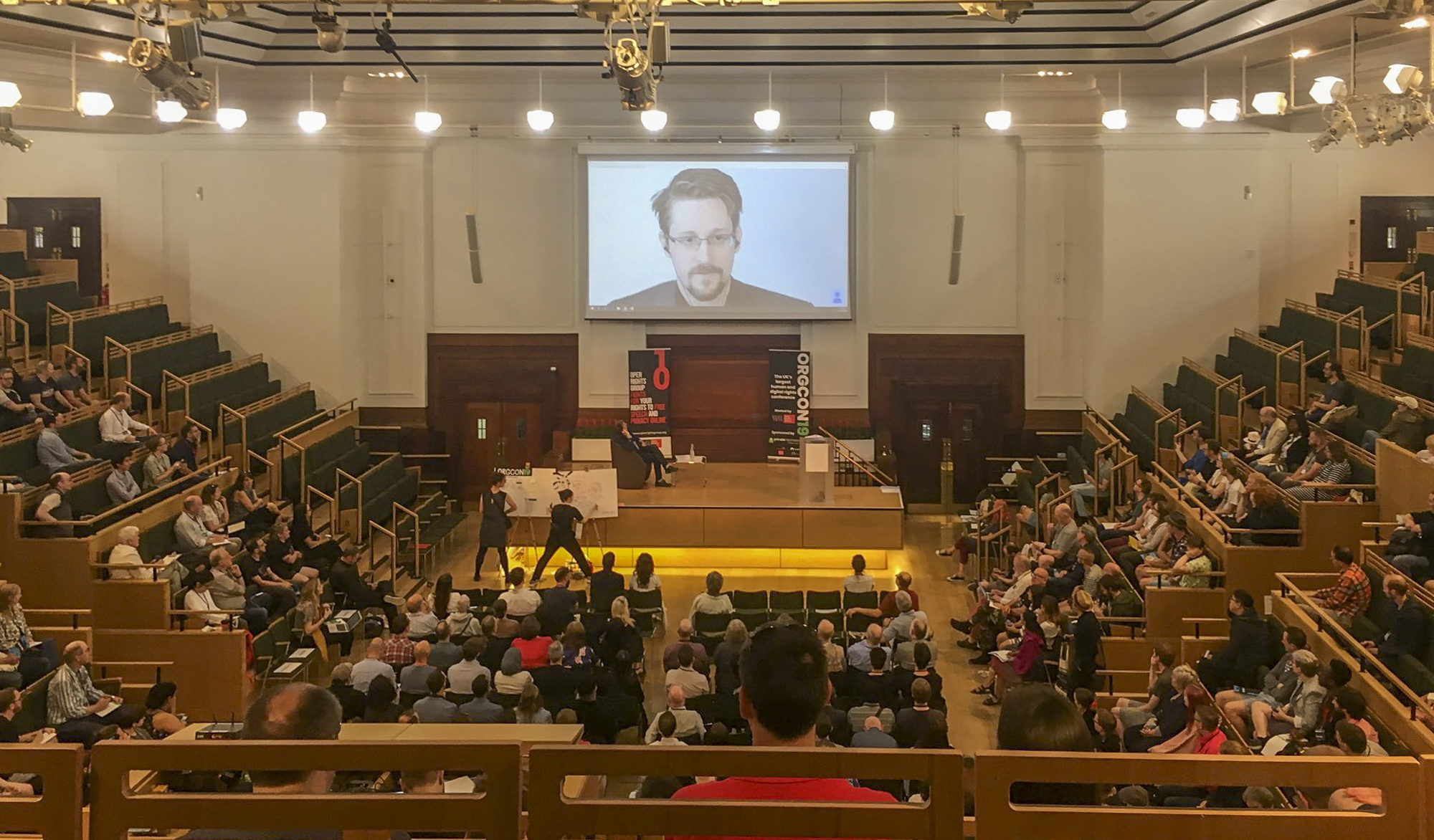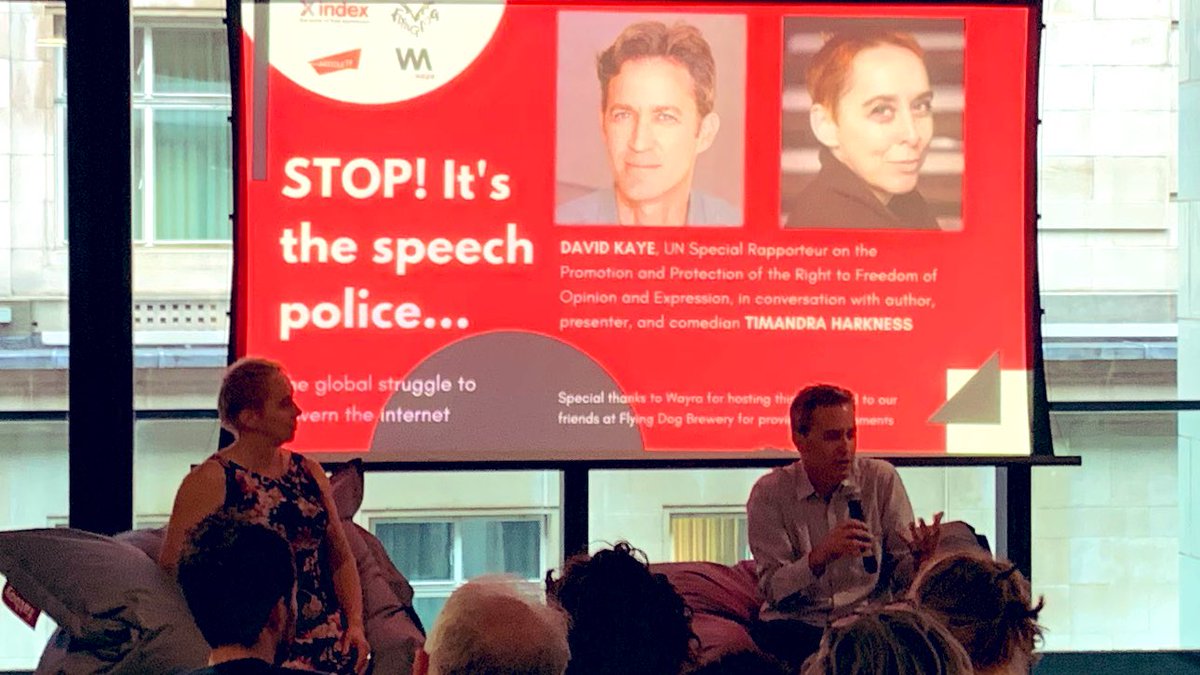It’s been a rocky week for government surveillance and freedom of expression, Brian Pellot writes
On Tuesday, the UN’s Special Rapporteur on Freedom of Expression Frank La Rue delivered a report to the Human Rights Council outlining how state and corporate surveillance undermine freedom of expression and privacy. The report traces how state monitoring has kept pace with new technological developments and describes how states are “lowering the threshold and increasing the justifications” for surveillance, both domestically and beyond their own borders.
The true depths of this lowered threshold were exposed on Thursday, when The Guardian revealed that the US National Security Agency has been collecting call records of Verizon’s millions of subscribers. Things got worse on Friday when reports alleged the same agency can access the servers of Google, Facebook, Apple, Yahoo, Microsoft and others to monitor users’ video calls, search histories, live chats, and emails. It was long one of Washington’s worst kept secrets that data about our communications (call logs, times, locations, etc.) were being monitored, but the revelation that the government has granted itself, without democratic consent, the ability to monitor the actual contents of our communications is appalling.
Related: ‘Mass surveillance is never justified’ — Kirsty Hughes, Index on Censorship CEO
Today on Index
The EU must take action on Turkey | Iran tightens the screw on free expression ahead of presidential election
Index Events
Caught in the Web: How free are we online?
The internet: free open space, wild wild west, or totalitarian state? However you view the web, in today’s world it is bringing both opportunities and threats for free expression — and ample opportunity for government surveillance
Mass surveillance programmes have awful implications for freedom of expression. Index on Censorship made this clear in regards to the UK’s proposed Communications Data Bill last year. States should only limit freedom of expression when absolutely necessary to preserve national security or public order. In such exceptional cases, limits on expression should be transparent, limited and proportionate. La Rue’s latest report adds that states should not retain information purely for surveillance purposes. The US programmes revealed this week grossly violate all of these principles.
Surveillance is, by its very definition, a violation of privacy. La Rue’s report rightly states that “Privacy and freedom of expression are interlinked and mutually dependent; an infringement upon one can be both the cause and consequence of an infringement upon the other.” Without some guarantee or at least a (false) assumption of privacy online, we cannot and will not express ourselves freely. Mass surveillance programmes directly chill free speech and give rise to self-censorship.
If the top secret documents outlining these programmes were leaked, what’s to stop our top secret personal information, that which is being monitored by government agencies, from being exposed? These programmes and even more extreme efforts to limit freedom of expression online in other states are unjustified, disproportionate, secretive and often without adequate limits. La Rue’s report calls for national laws around state surveillance to be revised in accordance with human rights standards.
Brian Pellot is Digital Policy Advisor at Index on Censorship.





